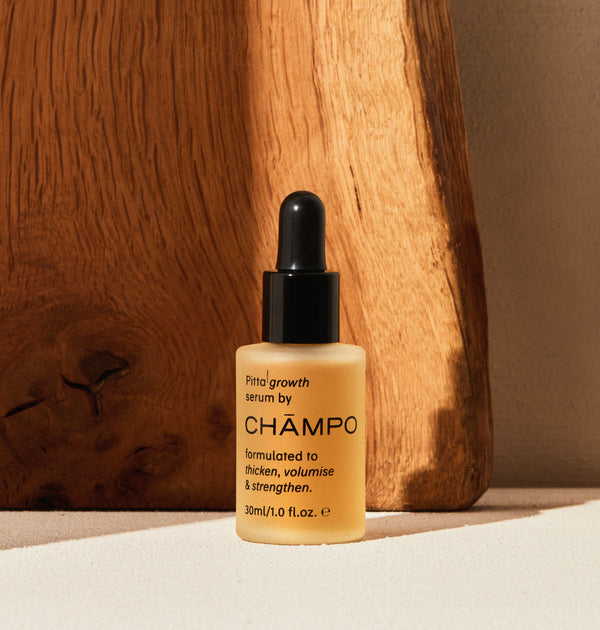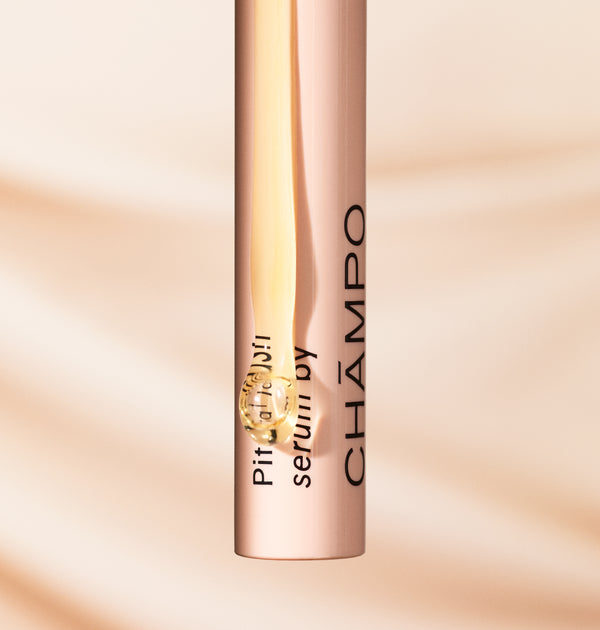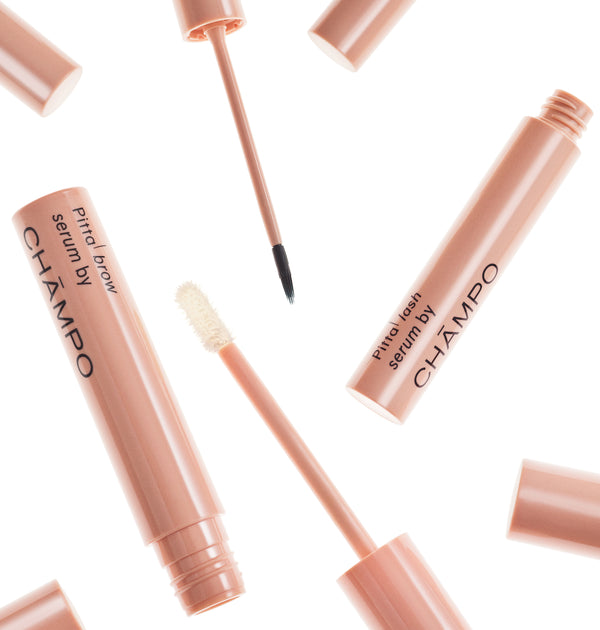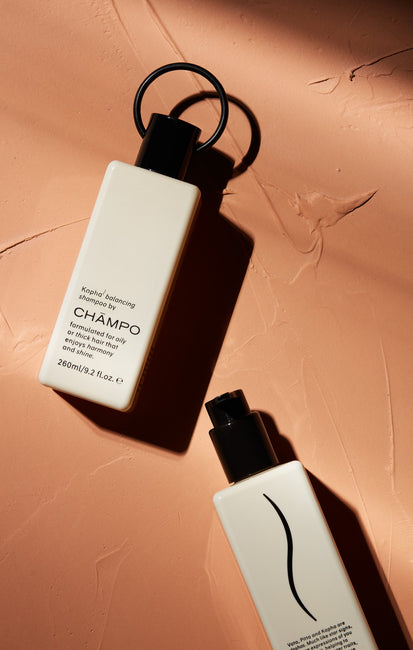Palm Oil’s popularity is due to several reasons; its smooth, creamy, unfragranced texture, its natural preservative effect, its ultra-high yield (requiring less than half the land needed by other crops to yield the same volume of oil) and its stability at high temperatures.
However, as global demand across all sectors has increased, the resulting environmental and social impact – deforestation, habitat destruction and biodiversity loss – has understandably caused considerable controversy.
At this point, you’re most certainly questioning why we - as an ethically considerate brand - consider using Palm Oil in our formulas, given the enormity of the above issues. As you’re about to read, the answer is far from simple (with current solutions risking yet worse ecological outcomes).
Many of you will, we’re sure, be familiar with sustainable Palm Oil and the Roundtable on Sustainable Palm Oil (RSPO). Established in 2004, this not-for-profit association unites oil palm producers, processors, traders, consumer goods manufacturers, retailers, banks, investors plus environmental and social NGOs to develop and implement global standards for sustainable palm oil production and apply a certification system for sustainable Palm Oil. Those wishing for certification must adhere to a strict criteria list, including commitment to transparency, conservation of natural resources and biodiversity, responsible development of new plantings, and use of appropriate best practices by growers and millers.
Being transparent with our customers around our use of Palm Oil is important and, while no Chāmpo formula contains pure Palm Oil, the plant-based surfactants in our shampoos – derived from ingredients such as Coconut, Corn and fruit sugars – do feature a Palm Oil derivative.
In line with our principles on cruelty-free ingredients and 98% natural formulations, we are, of course, especially sensitive to the many issues surrounding Palm Oil’s use, sustainability and traceability. Prior to finalising our formulations, we liaised with our formulations scientists and suppliers and feel assured that the Palm Oil derived base in our plant-based surfactants is responsibly sourced from RSPO certified suppliers.
You may wonder why, despite the establishment of the RSPO, how can even sustainable sources of Palm Oil be better than simply finding an alternative? Palm Oil is an exceptionally high-yielding oil... the decision by beauty or personal care brands such as ourselves to switch would hike demand for alternative oils. However, any oil suitably replacing Palm would require the use of larger amounts of land to produce equal amounts of yield – which would only further exacerbate the issue of deforestation and associated land use change. What’s more, millions of farmers (and their families) based in Palm Oil-producing countries like Indonesia and Malaysia depend on this work.
We believe it’s more important to work with suppliers, ensuring demand for certified sustainable Palm Oil far outweighs that of other Palm Oil sources. We will also, of course, also continue to consider new natural ingredients entering the market that may eventually prove suitable replacements for sustainable Palm Oil.
© 2019, all rights reserved.





